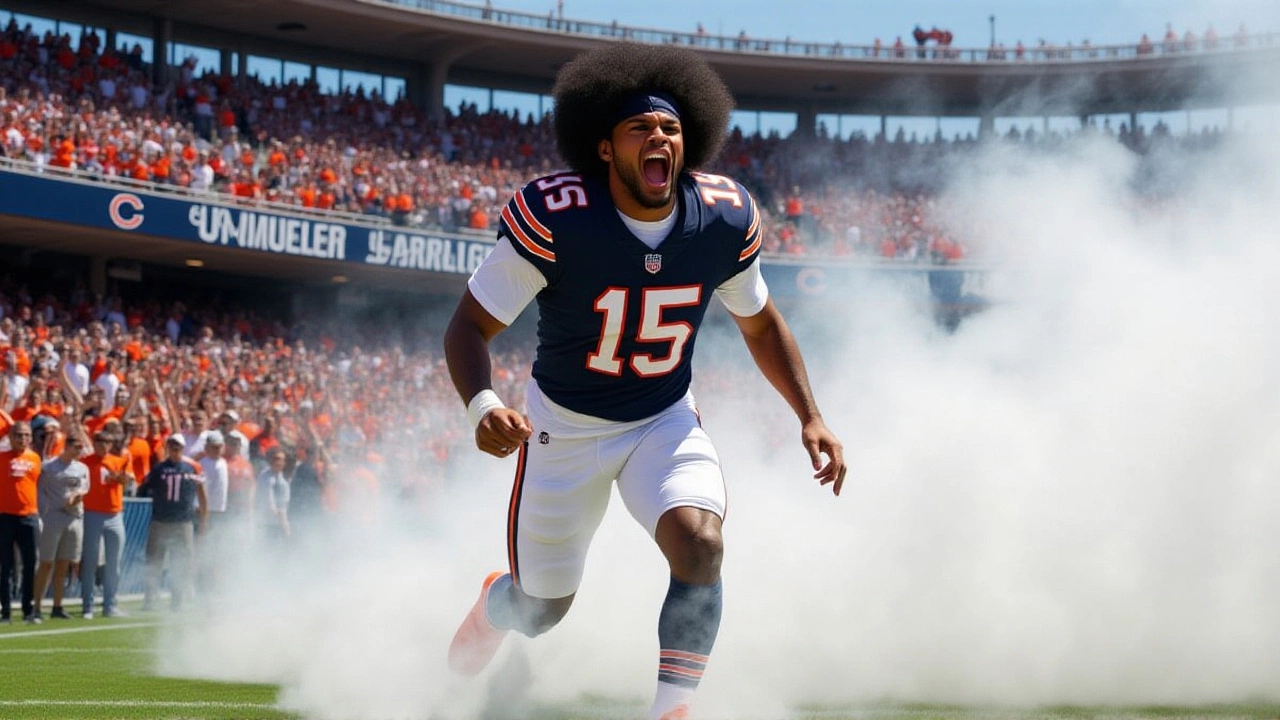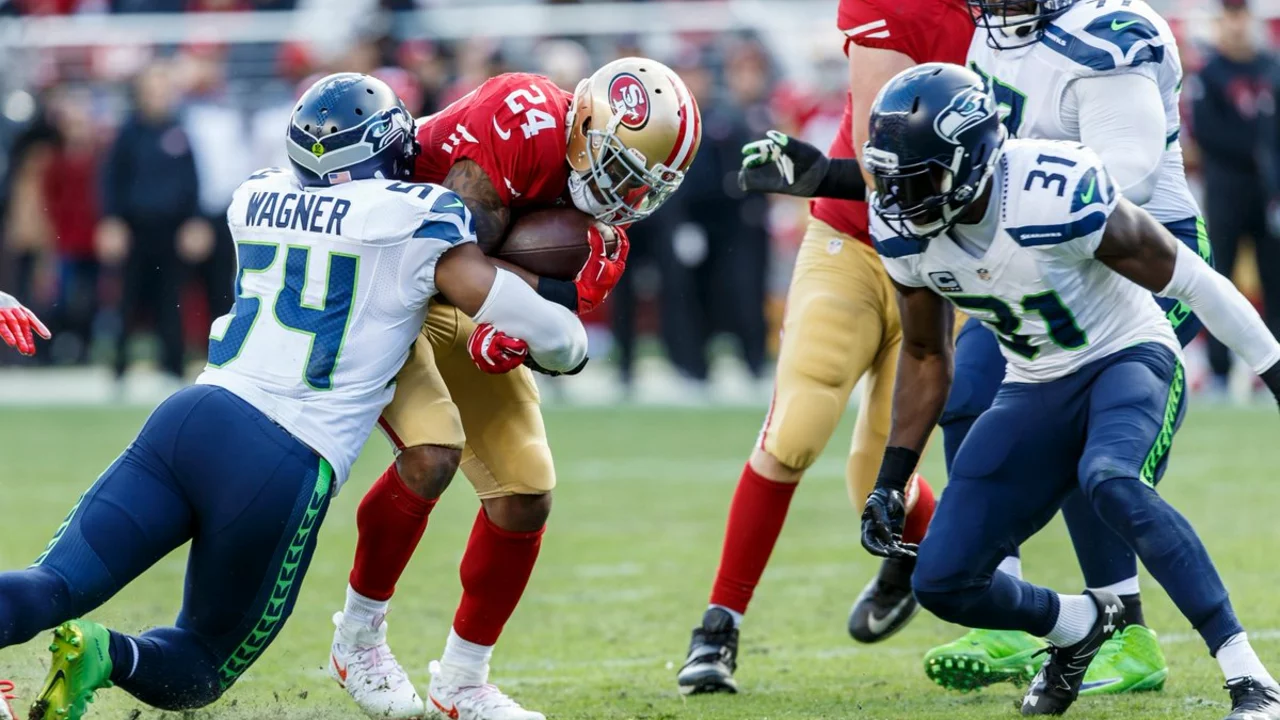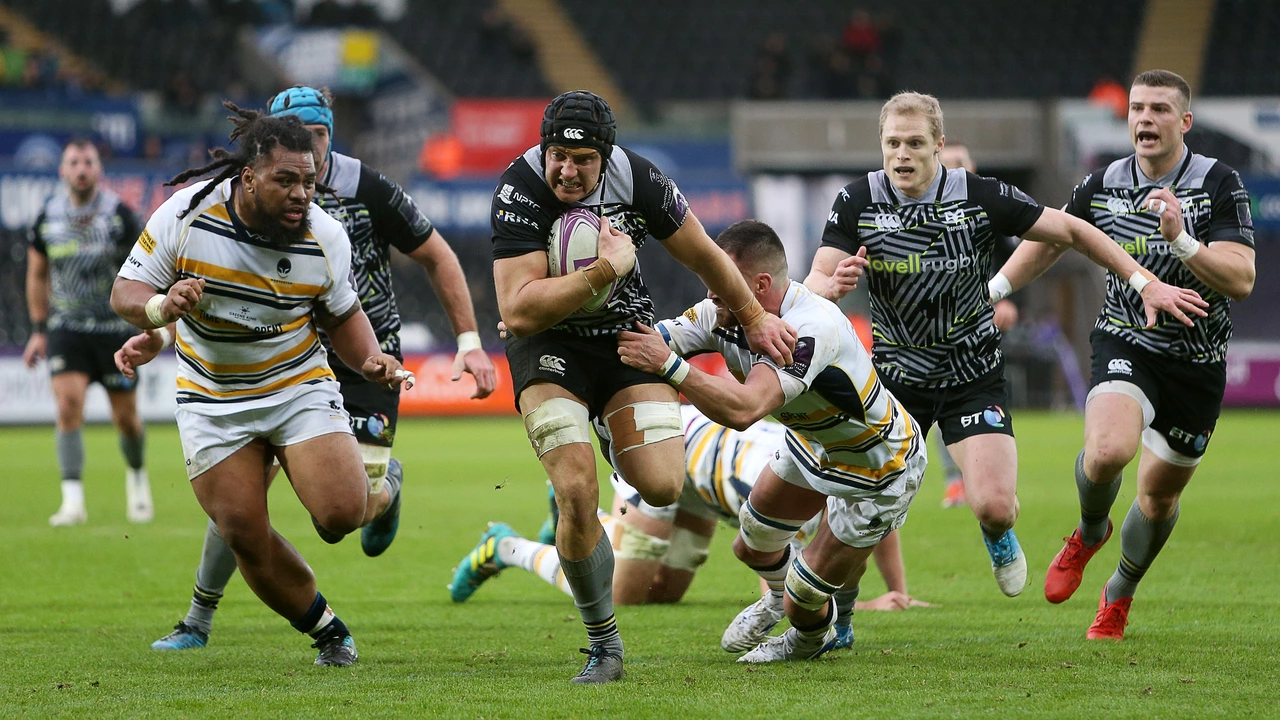Stocksbridge Rugby Club - Page 2
Blue Jays rally past Mariners 6-2 in ALCS Game 6, force Game 7
The Blue Jays beat the Mariners 6-2 in ALCS Game 6, forcing a decisive Game 7 and keeping Toronto’s World Series hopes alive.
Bears Stun Commanders 25-24 with Last‑Second Field Goal on MNF
Jake Moody's last‑second field goal gave the Chicago Bears a 25‑24 Monday Night Football win over Washington, boosting the Bears to 3‑2 and pressuring Commanders coach Dan Quinn.
Metro Bank Outage Disrupts Payments for Thousands in London
Metro Bank's September 2024 outage halted payments for thousands in London, causing balance errors and delayed transactions. The bank says systems are restored but remediation continues.
São Paulo’s Historic Café Girondino Reopens, Restoring Coffee Legacy
Café Girondino, São Paulo's oldest coffee house, reopened in November 2023, blending historic charm with modern coffee culture for locals and tourists.
Trump's Tylenol Warning Sparks Fury Over Unproved Autism Link
President Trump and HHS Secretary RFK Jr. claimed that taking Tylenol while pregnant can cause autism. Scientists ripped the claim apart, saying the evidence is weak and the warning could harm public health. The announcement also pushed a new folate‑based treatment and revived old vaccine myths.
Super Typhoon Ragasa Forces Evacuations in Philippines, Threatens Hong Kong
Super Typhoon Ragasa, a Category 5 powerhouse, has sparked mass evacuations across the Philippines as it barrels toward Hong Kong. Winds top 157 mph, bringing flood‑inducing rains and dangerous storm surge. Authorities in the Philippines, Taiwan and Hong Kong are scrambling to set up shelters and raise alert levels. Emergency crews are on standby to limit damage and loss of life.
LEGO Star Trek USS Enterprise-D 10356 officially revealed for Black Friday 2025
LEGO and Paramount are teaming up for the first time with the LEGO Icons 10356 Star Trek: USS Enterprise-D, launching on Black Friday 2025. The 3,600-piece set costs $399.99 and spans 60cm. It features saucer separation, a display stand, and nine TNG minifigures. A Type-15 Shuttlepod GWP with Ensign Ro Laren is expected. This marks LEGO’s debut in the Star Trek universe.
Is brain injury common among Rugby players?
Well, folks, it's time to tackle the hard-hitting fact, and I mean literally! So, is it common for our beloved, tough as nails rugby players to experience brain injury? Well, it's a bit like asking if it rains in England - you bet it does! Studies have shown that rugby players are indeed at a higher risk of suffering from brain injuries due to the physical intensity of the sport. But hey, don't worry! They're all a bunch of hard-headed fellas, they can take a knock or two, right? Just part of the thrilling, unpredictable rollercoaster that is rugby, folks!
How would American NFL players fare in playing rugby?
As an avid sports fan, I've often wondered how American NFL players would do if they switched to rugby. In theory, they have great athletic ability and strength, which could translate well to the rugby field. However, they'd face challenges due to the differing rules and continuous nature of the sport, unlike the stop-start nature of American football. Stamina, teamwork, and adaptability would be key factors for NFL players making the switch. It's a fascinating topic that blurs the lines between these two popular sports.
Why do rugby players need power?
Rugby, as I've come to understand, is a physically demanding sport that requires players to have great power. The power is essential in rugby because it aids in tackling opponents, sprinting, and in the overall physicality of the game. It also helps players to drive through the opposition and maintain stamina throughout the game. Without power, a rugby player would struggle to keep up with the pace of the game and be less effective on the field. So, it's safe to say that power is an indispensable part of a rugby player's toolkit.









